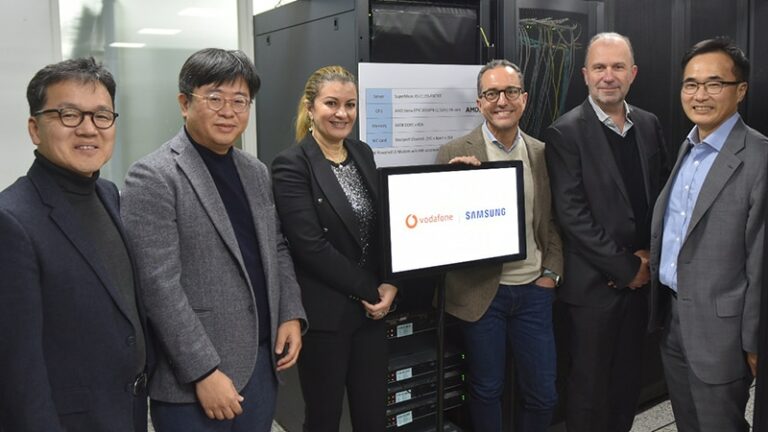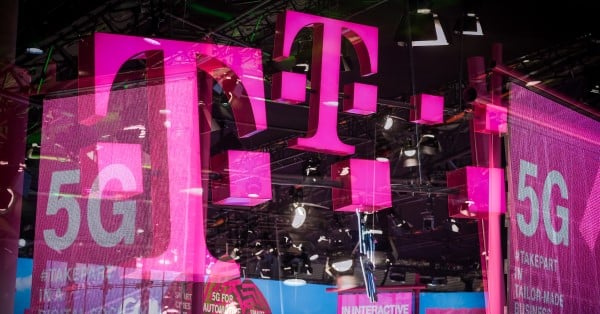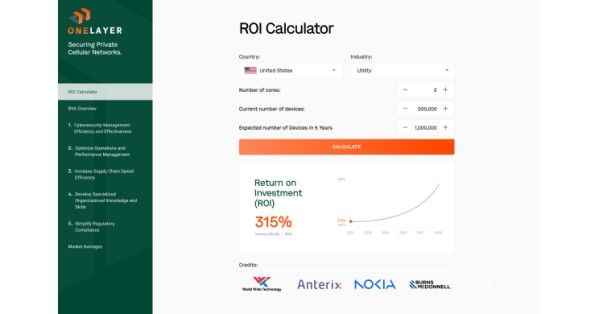Samsung Media Release | Feb 13, 2024
Companies reinforce Open RAN expansion, leveraging their technical expertise amassed
from large-scale commercial Open RAN network deployment
SEOUL, Korea – February [13], 2024 – Samsung Electronics Co., Ltd. and Vodafone, in collaboration with AMD, today announced that the three companies have successfully demonstrated an end-to-end call with the latest AMD processors enabling Open RAN technology, a first for the industry. This joint achievement represents the companies’ technical leadership in enriching the Open RAN ecosystem throughout the industry.
Conducted in Samsung’s R&D lab in Korea, the first call was completed using Samsung’s versatile, O-RAN-compliant, virtualized RAN (vRAN) software, powered by AMD EPYC 8004 Series processors on Supermicro’s Telco/Edge servers, supported by Wind River Studio Container-as-a-Service (CaaS) platform. This demonstration aimed to verify optimized performance, energy efficiency and interoperability among partners’ solutions.
The joint demonstration represents Samsung and Vodafone’s ongoing commitment to reinforce their position in the Open RAN market and expand their ecosystem with industry-leading partners. This broader and growing Open RAN ecosystem helps operators to build and modernize mobile networks with greater flexibility, faster time-to-market (TTM), and unmatched performance.
[From left, Junehee Lee (Samsung Electronics), June Moon (Samsung Electronics), Nadia Benabdallah (Vodafone Group), Yago Tenorio (Vodafone Group), Alberto Ripepi (Vodafone Group), Woojune Kim (Samsung Electronics)]
“Open RAN represents the forthcoming major transformation in advancing mobile networks for the future. Reaching this milestone with top industry partners like Samsung and AMD shows Vodafone’s dedication to delivering on the promise of Open RAN innovation,” said Nadia Benabdallah, Network Strategy and Engineering Director at Vodafone Group. “Vodafone is continually looking to innovate its network by exploring the potential and diversity of the ecosystem.”
“This collective effort marks a key milestone for the mobile network industry to steer Open RAN forward, by embracing multiple providers at every layer of the network stack. The demo illustrates Samsung’s commitment to delivering the full potential of mobile networks by embracing openness,” said June Moon, Executive Vice President & Head of R&D, Networks Business at Samsung Electronics. “Samsung is constantly working with other technology frontrunners to offer operators the means to transform their networks and capitalize on the diversity of the Open RAN ecosystem.”
“The telco industry continues to demand new levels of performance and energy efficiency with increasingly complex workloads and stringent efficiency targets,” said Kumaran Siva, corporate vice president, Strategic Market Development, AMD. “AMD EPYC 8004 Series CPUs are optimized for modern edge and vRAN deployment models to enable the telco industry’s current evolution toward truly end-to-end open, virtualized networks. We are extremely proud of our collaboration with Samsung and Vodafone, leveraging our latest data center processors to modernize legacy telco infrastructure and deliver the leadership Open RAN performance, efficiency and scalability needed to build highly innovative mobile networks.”
“As the telecom industry continues to rapidly evolve, Samsung and its ecosystem partners are at the forefront of innovation and transformation,” said Prakash Sangam, Founder & Principal of Tantra Analyst. “This technical achievement between Samsung, Vodafone and AMD validates the enhanced capabilities among all three companies’ solutions and supports new vendors in the expanding Open RAN ecosystem.”
The companies will demonstrate its test result exceeding 1Gbps throughput for multi UE on multi-cell configuration at MWC 2024.
In June 2021, Samsung became a strategic partner for Vodafone to carry out its Open RAN vision to modernize legacy networks and grow a strong Open RAN ecosystem. Since then, the companies have been expanding their collaboration, recently marking a milestone of kicking off the largest Open RAN rollout in the U.K. in August 2023. Samsung announced a new collaboration with AMD as well to advance 5G vRAN and virtualized Open RAN for network transformation.
Samsung’s strong ecosystem illustrates its leadership in offering vRAN and Open RAN solutions that are reliable and sustainable, exceeding telco-grade performance. With the goal of pre-testing and integrating, Samsung has sought to validate its vRAN and Open RAN solutions, to offer network operators an efficient path to market. Samsung has proven its extensive expertise in commercial networks for Tier 1 operators in North America, Europe and Asia.
Samsung has pioneered the successful delivery of 5G end-to-end solutions, including chipsets, radios and core. Through ongoing research and development, Samsung drives the industry to advance 5G networks with its market-leading product portfolio, from vRAN 3.0, Open RAN, Core to private network solutions and AI-powered automation tools. The company currently provides network solutions to mobile operators that deliver connectivity to hundreds of millions of users worldwide.
About Samsung Electronics Co., Ltd.
Samsung inspires the world and shapes the future with transformative ideas and technologies. The company is redefining the worlds of TVs, smartphones, wearable devices, tablets, home appliances, network systems, and memory, system LSI, foundry and LED solutions, and delivering a seamless connected experience through its SmartThings ecosystem and open collaboration with partners. For the latest news, please visit the Samsung Newsroom at news.samsung.com.


















